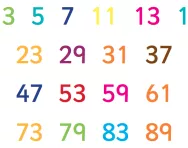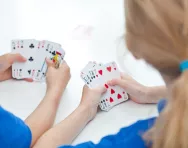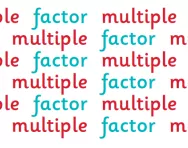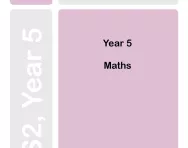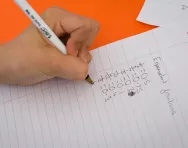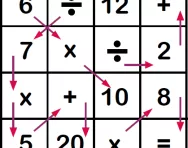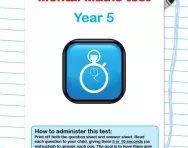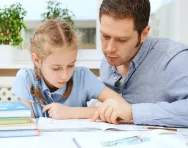Important update from TheSchoolRun
For the past 13 years, TheSchoolRun has been run by a small team of mums working from home, dedicated to providing quality educational resources to primary school parents. Unfortunately, rising supplier costs and falling revenue have made it impossible for us to continue operating, and we’ve had to make the difficult decision to close. The good news: We’ve arranged for another educational provider to take over many of our resources. These will be hosted on a new portal, where the content will be updated and expanded to support your child’s learning.
What this means for subscribers:
- Your subscription is still active, and for now, you can keep using the website as normal — just log in with your usual details to access all our articles and resources*.
- In a few months, all resources will move to the new portal. You’ll continue to have access there until your subscription ends. We’ll send you full details nearer the time.
- As a thank you for your support, we’ll also be sending you 16 primary school eBooks (worth £108.84) to download and keep.
A few changes to be aware of:
- The Learning Journey weekly email has ended, but your child’s plan will still be updated on your dashboard each Monday. Just log in to see the recommended worksheets.
- The 11+ weekly emails have now ended. We sent you all the remaining emails in the series at the end of March — please check your inbox (and spam folder) if you haven’t seen them. You can also follow the full programme here: 11+ Learning Journey.
If you have any questions, please contact us at [email protected]. Thank you for being part of our journey it’s been a privilege to support your family’s learning.
*If you need to reset your password, it will still work as usual. Please check your spam folder if the reset email doesn’t appear in your inbox.
Year 5 maths: what your child learns
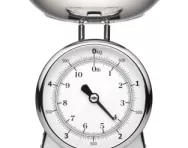
By Year 5, children should be confident with one- and two-step problems and using addition, subtraction, multiplication and division, and they will be able to decide on the best way of solving a problem.
There is still a focus on times tables, as not all children are completely sure of these. Set squares and protractors are being used for work with angles and shapes, and percentages are introduced now.
Children will be practising their mental maths, as well as using written and practical methods to help them calculate. It’s also important for the children to see how their maths work links to life outside school, and to other areas of the curriculum.
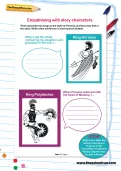
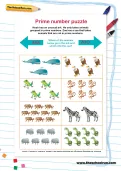
Start the Year 5 Learning Programme!
- Weekly maths & English worksheets
- Follows the National Curriculum
- Keeps your child's learning on track
Year 5 maths – your child will be:
Calculating
- Adding and subtracting with numbers up to four digits using column addition and subtraction
- Identifying factors and multiples of different numbers
- Identifying prime numbers
- Multiplying four-digit numbers with two-digit numbers using long multiplication
- Dividing four-digit numbers by one-digit numbers using short division
- Multiplying whole numbers and decimals by 10, 100 and 1000
- Recognising and using square numbers and cube numbers
- Solving problems involving all four operations
Fractions, decimals and percentages
- Comparing and ordering fractions whose denominators are all multiples of the same number
- Converting from mixed numbers to improper fractions
- Adding and subtracting fractions whose denominators are multiples of the same number
- Mutiplying proper fractions and mixed numbers by whole numbers
- Rounding decimals with two places to the nearest whole number and to one decimal place
- Comparing numbers with up to three decimal places
- Begining to understand percentages
- Knowing percentage and decimal equivalents of 1/2, 1/4, 1/5, 2/5 and 4/5
Measuring
- Converting between units of measurement
- Working out the perimeter and area of shapes (including irregular shapes)
- Solving problems involving money and measures
- Solving problems involving converting between units of time
Geometry
- Drawing and measuring angles
- Finding angles around a point, on a straight line and within a right angle
Statistics
- Solving comparison, sum and difference problems using information presented in a line graph
- Completing and interpreting information in tables, including timetables
Try this at home
- If your child has a watch, encourage them to wear it and get in the habit of looking at the time – it could be analogue or digital
- Card games are perfect for playing with numbers. If you’re struggling to remember the games you played as a child, try asking the grandparents!
- Most children love cooking. Following a simple recipe will give them valuable practice in measuring and weighing the ingredients and calculating cooking time. If you want to make it trickier, ask them to double or halve the quantities
Put your child's learning into practice with our Year 5 maths worksheets, which cover all the topics taught as part of the curriculum, or try our Y5 mental maths mini-test.
Check your Y5 child's progress in maths with our free Y5 maths Progress checks, three mini-tests for the autumn, spring and summer terms.
Explore the Year 5 English and Maths Learning Journey programmes.



